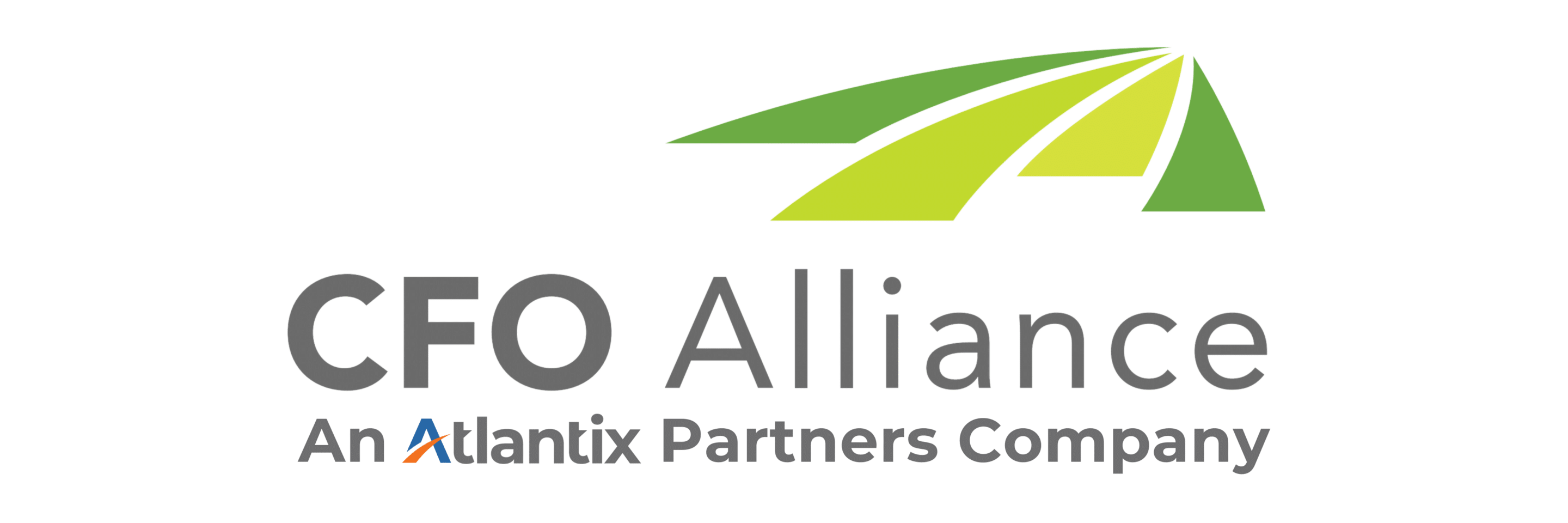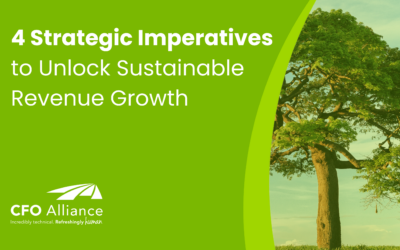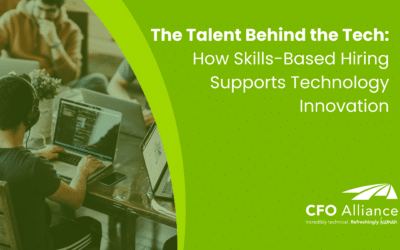What Financial Changes Should You Expect After Selling to Private Equity Investors?
And after the sale? Get ready to roll up your sleeves and buy another round of coffee because the work isn’t over yet.
Any founder or CFO who has been through a private equity sale will tell you the same thing: they thought the hardest thing they had ever done was to get the deal across the finish line. And boy, were they right. Until the next day. Life gets even harder after the sale.
Hang on. Harder?
That’s right. Things get more complicated and labor-intensive in the first six months after the deal is closed (sorry to burst your bubble). Here’s why.
Private equity investors are looking to yield high returns quickly, and that means they want to see consistent high growth, market advantage, financial rigor, and stable cash flow. They want numbers, and lots of them. Many founder-led companies do not have the depth of financial leadership experience to navigate this new terrain and deliver on these newfound financial demands.
When you’re dealing with messy data or lack of data, you can’t quickly and definitely answer the most important questions investors are asking. This leaves you unprepared for curveballs like:
- Do you have enough cash on hand to cover increased expenditures associated with growth?
- What happens if you lose an anchor client?
- How will hiring new people affect your cash flow?
- Can you support an expansion or other growth investment?
- What happens when a worldwide pandemic permanently alters your business model?
What Private Equity Investors Expect
in Your Financial Function
When you are in the early stages following a private equity sale, creating the expected level of financial transparency and complexity is a big shift. If you don’t understand it well, it can be a grueling, turbulent process. You may need to implement new systems, new team members, more complex financial structures, and better reporting processes, all for the purpose of providing high caliber financial information to investors.
Here’s what private equity investors will be looking for:
Strong Financial Leadership
Investors need to know that your company has a strong hand on the financial helm. This starts with a CFO who can provide financial strategy, manage cash flow, work efficiently within a finite budget, drive top-line revenue growth, develop accurate financial forecasts, and ensure strong ROI. The CFO should also be able to build out and lead a team of capable financial players to manage day-to-day financial functions: controller, treasurer, analysts, tax accountants, general accountants, etc.
Robust Reporting
Financial visibility is key to ensuring consistent growth and healthy profit margins. Investors will require loads of new reports, with very tight deadlines as well as changes in style and scope. These will include month-end reporting packages, regular forecast updates, sales flash reports, cash flow projections, finance and operating KPI reports, and others. Bottom line: they want it all and they want it now.
Stable, Recurring Cash Flow – Top-line revenue is important, but it doesn’t mean anything if you don’t have ample cash on hand to cover expenses. That’s especially important as you begin to scale, since growth requires you to spend money up front. That’s why investors will want to see a detailed 13-week cash flow plan that includes cash inflows and outflows, projections, and weekly statements.
Sophisticated Financial Systems – Most founders need to upgrade their technology to handle the increased level of financial sophistication and data accessibility expected by the PE firm. This might include investing in a new ERP , implementing a SaaS fintech solution, and incorporating more advanced business intelligence tools and dashboards. In addition to the technology side, you’ll also need to standardize and automate processes to improve efficiency and accuracy.
How to Level Up Your Finances without Losing Your Mind
It takes a tremendous amount of work to evolve your business beyond its current level of financial sophistication. PE firms demand high-caliber information because their goal is to grow the profitability of the business and yield high returns on their investment. But founders may not have the capability to get all these things done internally, especially if they don’t have a CFO on the payroll (or the CFO has minimal experience).
That’s why we recommend working with a consulting firm like CFO Alliance. We are your team of financial A-players, partnering with you to provide the financial leadership, structure, and execution you need to avoid deal-breaking financial surprises, even in uncertain economic markets.
PE firms want great information and they want it now. We make that possible! Give us a call to find out how we can support you through your deal from start to finish – and beyond.
Additional Resources For Business & Financial Leaders
4 Strategic Imperatives to Unlock Sustainable Revenue Growth
4 Strategic Imperatives to Unlock Sustainable Revenue GrowthCreating long-term, sustainable revenue growth takes more...
Future-Proof Your Workforce with a Modern Talent Agenda
Future-Proof Your Workforce with a Modern Talent AgendaWhat does the future of talent look like? It’s a fair question,...
The Talent Behind the Tech: How Skills-Based Hiring Supports Technology Innovation
The Talent Behind the Tech: How Skills-Based Hiring Supports Technology InnovationStaying relevant with technology in...





